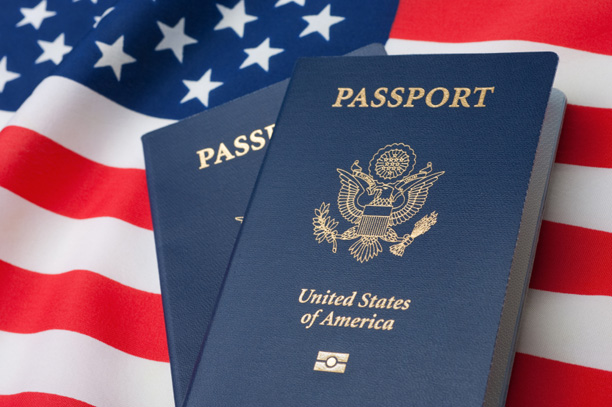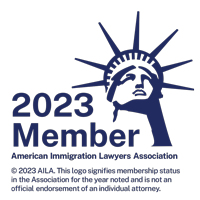
O-1A Extraordinary Ability Visa
The Extraordinary Ability (O-1A) visa permits U.S. employers to petition for the employment of foreign nationals with demonstrated extraordinary ability in the sciences, education, business, or athletics. “Extraordinary ability” in this context means “a level of expertise indicating that the person is one of the small percentage who has risen to the very top of the field of endeavor” and is demonstrated by “sustained national or international acclaim.”
Potential beneficiaries tend to view the O visa in retrospective terms, i.e., “Have I accomplished enough to secure the O visa?” I encourage potential applicants to take a more proactive approach: “What can I do to better position myself for the O visa?” In other words, how can one build a case for extraordinary ability?
U.S. immigration law lists the types of evidence necessary to demonstrate extraordinary ability and sustained acclaim. The regulations state that the beneficiary can either 1) provide proof that the s/he has received a major, internationally-recognized award; or 2) provide evidence of at least (3) three of the following achievements:
- Receipt of nationally or internationally recognized prizes or awards for excellence in the field of endeavor;
- Membership in associations in the field which require outstanding achievements, as judged by recognized national or international experts in the field;
- Published material in professional or major trade publications, newspapers or other major media about the beneficiary and the beneficiary’s work in the field for which classification is sought;
- Original scientific, scholarly, or business-related contributions of major significance in the field;
- Authorship of scholarly articles in professional journals or other major media in the field;
- A high salary or other remuneration for services as evidenced by contracts or other reliable evidence;
- Participation on a panel, or individually, as a judge of the work of others in the same or in a field of specialization allied to that field;
- Employment in a critical or essential capacity for organizations and establishments that have a distinguished reputation; or
- Comparable evidence that would establish eligibility if the above-listed categories are not readily applicable to the field.
Very few individuals are recipients of major, internationally-recognized awards (the USCIS example of such an award is a Nobel prize); consequently, most O-1A visas are approved with evidence from the list of alternative achievements. The regulation requires a threshold of three alternative achievements, but merely demonstrating three categories does not by itself result in approval. Rather, under USCIS’ interpretation of the regulation, at least three achievements are required for USCIS to even consider whether extraordinary ability has been proved by the totality of the evidence. Applicants, therefore, maximize their likelihood of securing the O visa with concerted efforts to meet as many of the categories as possible.
Applicants should also remember that the USCIS adjudicator is not a subject-matter expert in the applicant’s field and is in no position to judge the merit of one’s work his or her self. The adjudicators, therefore, rely on the public recognition by others of the merit of the work–and public recognition can often be influenced by purposeful actions on the part of the applicant. Most persons with whom I consult for an O-1A visa have dedicated the vast majority of their effort to their research and can typically show authorship of scholarly articles in peer-reviewed journals. Few of these individuals, however, have dedicated sufficient energy to networking and promotional activities that would help them demonstrate O visa eligibility. Examples of such efforts include:
- Routinely searching out opportunities for competitions to promote their work;
- Actively pursuing membership in merit-based organizations in the field;
- Seeking out relationships with the media to increase opportunities for positive press about one’s work;
- Exploring opportunities for collaborations with respected persons in the field; and
- Making oneself available to serve as a judge or referee of the work of others as often as possible.
So, when considering the O visa as an option, also consider the insight of P.T. Barnum: “Without promotion, something terrible happens… nothing!”

